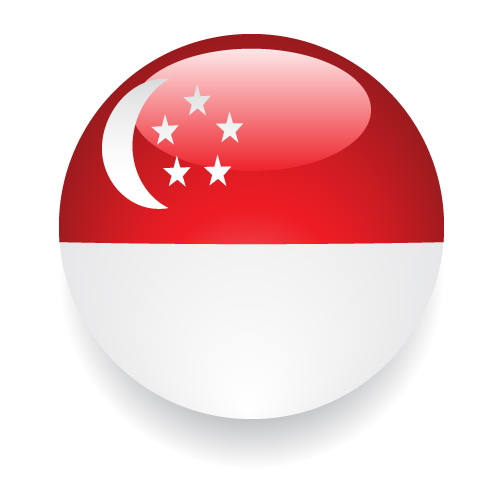Singapore Medical Device Regulators Target Telehealth
有任何问题?向我们的专家获取相关信息
联系我们2016年 11月 2日
EMERGO SUMMARY OF KEY POINTS:
- Singapore’s Health Sciences Authority (HSA) is proposing a clearer approach to regulating mobile medical apps and telehealth products as medical devices.
- Only telehealth products whose intended uses are medical in nature would fall under full HSA regulatory requirements.
- Telehealth products intended for general well-being use will not be regulated as devices, but will have to meet certain HSA labeling requirements.
 Medical device market regulators in Singapore have published new guidance outlining their approach to telehealth and mobile medical applications, suggesting some regulatory requirements even for apps not considered devices.
Medical device market regulators in Singapore have published new guidance outlining their approach to telehealth and mobile medical applications, suggesting some regulatory requirements even for apps not considered devices.
The new guidance from the Singaporean Health Sciences Authority (HSA) proposes classification of telehealth products as medical devices depending on their intended uses; specific HSA guidelines under consideration for which products do and do not qualify as medical devices include:
- A telehealth product or app with a medical intended use is considered a medical device.
- Telehealth products intended for “well-being” uses will not be regulated as devices, but will have to meet labeling requirements.
- Risk classifications for telehealth devices will be the same as those for standard devices: Class A (lowest risk), B, C and D (highest risk).
- Product registration, dealer licensing and post-market requirements will apply to all telehealth products that qualify as medical devices.
- Mobile medical apps considered medical devices will fall under the same regulatory controls as standard devices, but “only standalone mobile applications that are distributed on local online platforms will be regulated.”
Although “well-being” apps and products such as heart-rate monitors in smart phones and wearable pedometers are not considered medical devices by the HSA, the guidance would require manufacturers to include “clarification statements” on their labels explaining that their products are not intended to detect, diagnose or treat any disease or condition.
The HSA is seeking comment from industry and other interested parties on the telehealth regulatory guidance until November 30, 2016. Given Singapore’s prominent role in the Association of Southeast Asian Nations (ASEAN) trade bloc, the HSA’s ultimate framework for regulating telehealth and mobile medical apps will likely serve as a template for how other ASEAN member nations such as Malaysia, Indonesia and Thailand approach oversight of these products.
作者
- Stewart Eisenhart